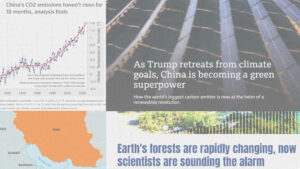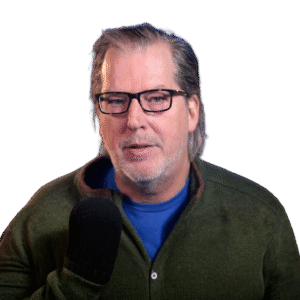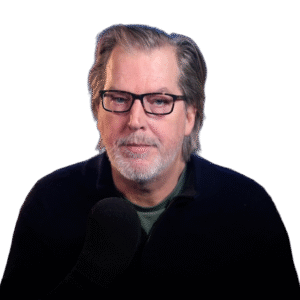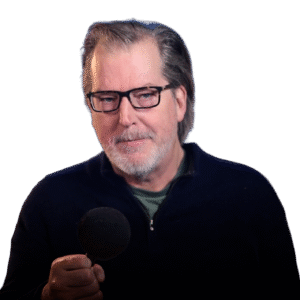
#87 | Frankly
(Some of) The Central Questions of Our Time
Description
The period of relative peace and stability we’ve known – enabled by the energy surplus of the Carbon Pulse and the ecological stability of the Holocene – is slipping away. AI is turbocharging the Superorganism, governance structures are fraying, and ecological shocks are intensifying. As the Great Simplification approaches faster than expected, are we asking the right questions?
In this Frankly, Nate invites us to reflect on some of the most urgent questions of our time – and what they might mean for both our collective and individual trajectories ahead. Can open societies endure on the downslope of the Carbon Pulse? Is a future without large-scale war still possible? As the pace of change accelerates, the challenge isn’t just understanding what’s coming, but deciding how to respond.
What would you not regret doing if you knew major disruptions were imminent? Can you redirect frustration into meaningful action? And in a world that increasingly pulls us apart, can you help build a ‘coalition of sanity’?
In French, we have a motto that says that a simple drawing is often better than a long explanation. Jean-Marc Jancovici Carbone 4 President
That’s very understandable because with left atmosphere thinking, one of the problems is that you see everything as a series of problems that must have solutions. Iain McGilchrist Neuroscientist and Philosopher
We can’t have hundreds and hundreds of real relationships that are healthy because that requires time and effort and full attention and awareness of being in real relationship and conversation with the other human. Nate Hagens Director of ISEOF
This is the crux of the whole problem. Individual parts of nature are more valuable than the biocomplexity of nature. Thomas Crowther Founder Restor
Show Notes & Links to Learn More
Download transcript00:10 – PBS
02:26 – Feudalism
04:22 – The web of life
04:40 – The role of Armadillos + more info
05:45 – The Carbon Pulse
07:30 – The Holocene + leaving the stability of the Holocene
07:35 – Planetary boundaries
08:20 – 6th mass extinction
08:48 – Dark triad + ‘The Light Triad’ Frankly
09:09 – Economic Superorganism
09:22 – Artificial General Intelligence
10:05 – AI Frankly
11:00 – Laws of Thermodynamics
11:30 – Maximum Power Principle
16:41 – Coalition for Sanity






